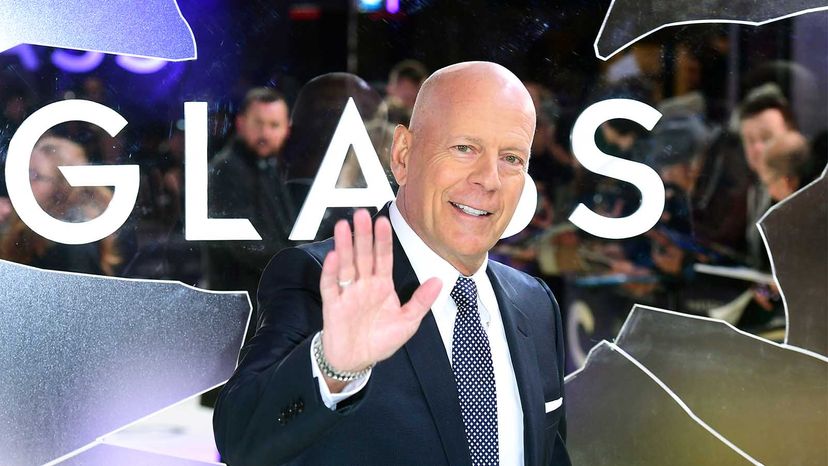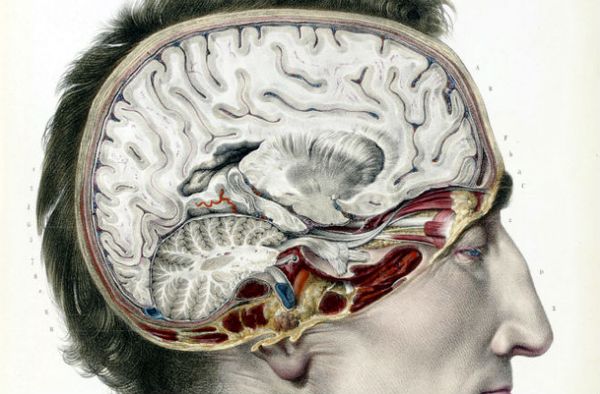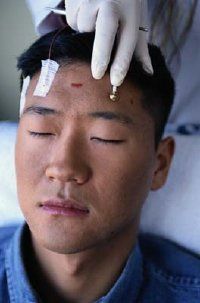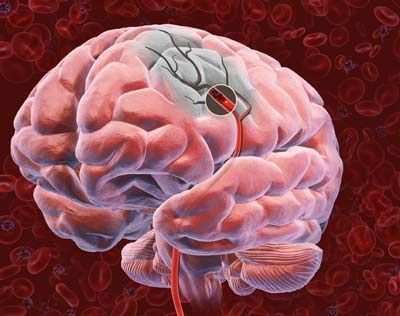The encouraging thing is that aphasia is treatable. In the non-progressive form, consistent therapy will result in recovery of speech and understanding. One-on-one repetition exercises can help those with the condition regain speech. But the road can be long, and it depends on the extent of damage to the brain.
With primary progressive aphasia, symptoms of speech and language decline will get worse over time.
But the clinical evidence is unambiguous: Rehabilitation can help stroke survivors regain speech and the understanding of language and can slow symptoms in cases of primary progressive aphasia.
Clinical trials of certain types of drugs are underway but are in the early stages. There do not appear to be any miracle drugs. But for now, speech rehabilitation therapy is the most common treatment.
Swathi Kiran is a professor of neurorehabilitation at Boston University. She is an expert in bilingual aphasia, aphasia rehabilitation, functional neuroimaging, language recovery and impairments in naming, reading, writing.
This article is republished from The Conversation under a Creative Commons license. You can find the original article here.



